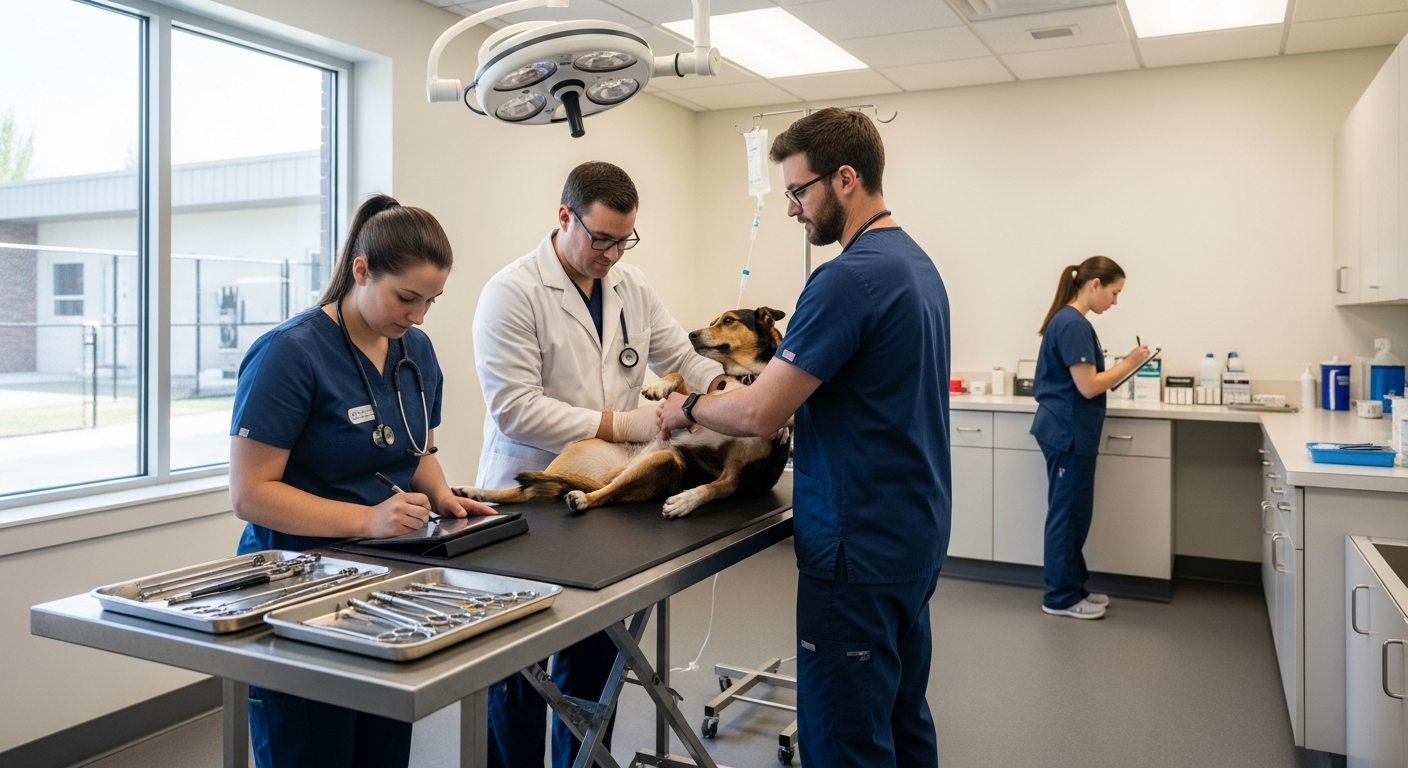Shaping the Future: The Role of Industrial Innovation in Business Growth
Industrial innovation is a critical contributor to business growth and competitiveness. It offers strategic opportunities to businesses willing to embrace change, adapt, and evolve. This article delves into the relationship between industrial innovation and business growth, providing a new perspective on the topic.

Background: Industrial Innovation and Business Growth
Industrial innovation has been a cornerstone of business growth for centuries. Since the Industrial Revolution, innovations in manufacturing and production processes have continually driven businesses to new heights. The advent of steam power, the assembly line, and computerization are all examples of industrial innovations that have revolutionized business operations and spurred growth.
Current Trends in Industrial Innovation
Today, the concept of industrial innovation extends beyond mere process improvements. It encompasses product innovation, service innovation, and business model innovation. Product innovation involves developing new products or improving existing ones, while service innovation involves creating new services or enhancing current services. Business model innovation, on the other hand, involves redefining a business’s value proposition and how it creates, delivers, and captures value.
Impact of Industrial Innovation
Industrial innovation can significantly enhance a business’s competitive advantage. By developing new products, services, or business models, a business can differentiate itself from its competitors, attract new customers, and increase its market share. Moreover, industrial innovation can improve operational efficiency, reduce costs, and increase profit margins.
The Challenges of Industrial Innovation
Despite its benefits, industrial innovation is not without challenges. It requires significant investments in research and development, which can be risky. Moreover, it requires a business to be adaptable and open to change, which can be difficult in rigid or traditional corporate cultures. Lastly, industrial innovation can disrupt existing business models, potentially leading to job losses or other negative impacts.
Practical Business Insights
Businesses seeking to leverage industrial innovation to drive growth should consider the following:
-
Cultivate an innovation-friendly culture: Encourage employees to think creatively and take calculated risks. Reward innovation and celebrate failures as learning opportunities.
-
Invest in research and development: Allocate a portion of your budget to research and development. This investment can yield significant returns in the form of new products, services, or business models.
-
Embrace change: Be willing to disrupt your existing business model if it means staying competitive. Adaptability is a key characteristic of innovative businesses.
Conclusion
Industrial innovation is a powerful driver of business growth. It enables businesses to differentiate themselves from their competitors, improve their operational efficiency, and capture new market opportunities. However, leveraging industrial innovation requires an innovation-friendly culture, investment in research and development, and a willingness to embrace change. By doing so, businesses can position themselves for sustained growth and success in the future.






